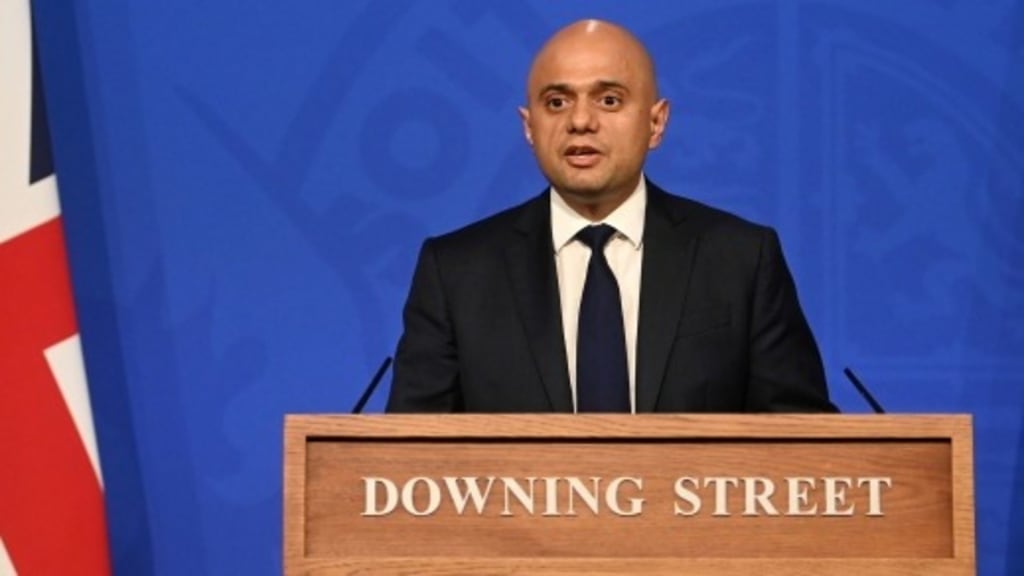
It has been announced that restrictions imposed on the lives of UK citizens due to the Omicron variant of Covid 19 are being scrapped in England. These include things such as mandatory face coverings, Covid passes and work from home guidance, in other words, the so called plan B.
England will now become the most open country in Europe.
That’s according to Health Secretary Sajid Javid. But is this step being taken too soon and is the country ready to live life with out these restrictions. People are still being advised to wear a face covering when they go out in public locations where there might be large crowds of people, but they are being asked to use their own judgement to assess whether it is safe to be in a certain situation or location or are they able to wait a bit longer for the situation to become safer. For example:
If someone is waiting for a bus and one comes along where there are a lot of people on board who aren’t wearing face coverings. Do they have to catch that particular bus or can they wait for the next one which might be less crowded.
If they enter a building and need to use a lift but there are a lot of people waiting to use the same lift. Is there a different lift they can use or are they able to wait for the next time it is free.
People should still be extremely cautious when they are out as even though infection rates are falling, they are still higher than they were at the height of the peak last winter.
It appears that England has now reached the peak of the Omicron wave and the number of new infections is beginning to fall again. This means that more people can go out and take part in every day activities and won’t need to isolate themselves. This will help strengthen the economy as more services will be able to continue running as there will be more people to conduct specific roles.
From 20th January, there will be no need for school children to wear face coverings when they are in school or class. The wearing of face coverings has caused many difficulties in the school atmosphere as if a teacher is trying to teach a class and wearing a mask, the students in the class might not be able to hear or understand what that teacher is saying and this puts an obstacle in the way of those students learning what they are trying to be taught.
If in an external setting, there is still a legal obligation for people to wear a face covering until the 27th January. Other precautions are still being taken to ensure people’s safety. Members of the public will no longer have to use a face covering if they have an appointment to see their doctor. However, if they are displaying Covid 19 symptoms, they should use a face covering and enter the premises using the back entrance where there are likely to be fewer people around and this puts them less at risk of transmitting the infection to other people.
On the 19th January, there were reports of over a hundred and eight thousand cases of the virus with in society. Some scientists and public health experts have expressed concern that we may be removing the restrictions too soon and this may cause a potential tidal wave of new infections which is at risk of overwhelming the National Health Service again.
A survey carried out by the Office for National Statistics has suggested that the majority of people now have antibodies against the virus. This means that if they catch it again, their body will be much more effective in dealing with it and they will be able to recover quicker. This puts less strain on the struggling health service and will enable them to treat and look after other patients who are in more need of medical attention.
People are also being urged to now live with the virus as though it were the flu virus as there is little chance of it being eradicated soon and society has to continue to function.